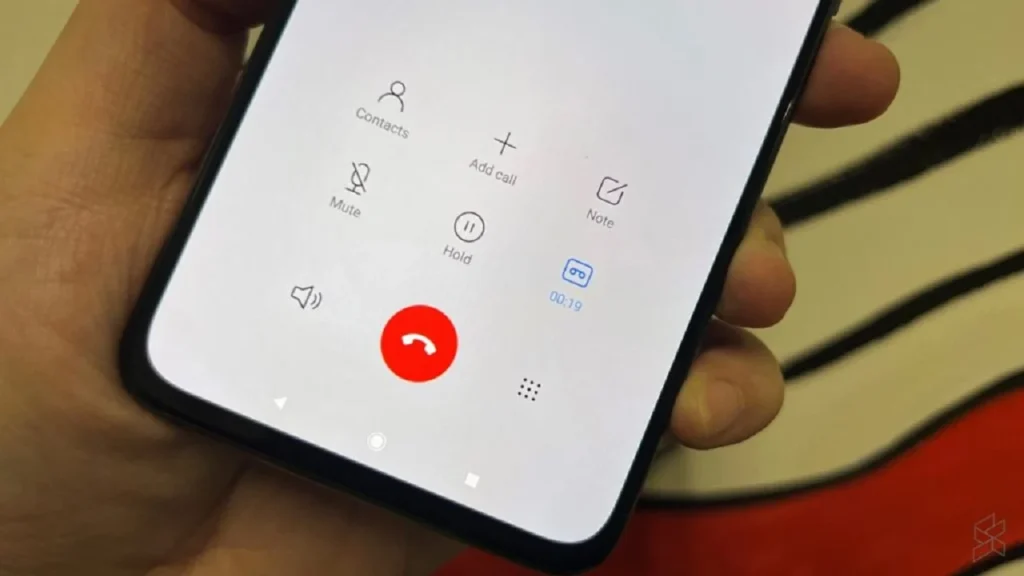Islamabad High Court has taken a bold stand against unauthorized surveillance, sending ripples through the telecom industry and sparking heated debates on privacy rights in the digital age. This momentous decision, handed down on a crisp Wednesday morning, explicitly forbids telecom companies from engaging in the clandestine recording of phone calls and data collection for surveillance purposes.
Picture, if you will, a courtroom filled with tension as the judge delivers this pivotal verdict. The air crackles with anticipation as the words fall from the bench, each syllable a nail in the coffin of unchecked digital surveillance. This ruling isn’t just a mere legal footnote; it’s a clarion call for the protection of civil liberties in an era where our lives are increasingly lived online.
The implications of this decision are far-reaching, stretching beyond the confines of the courtroom and into the very fabric of our digital society. It’s as if the court has drawn a line in the sand, declaring that the relentless march of technology must not trample the fundamental rights of citizens. In essence, the IHC is saying, “Thus far, and no further” to the creeping tendrils of surveillance that have been quietly entangling our daily communications.
This ruling serves as a potent reminder that in the grand tapestry of progress, we must not lose sight of the individual threads that make up our personal freedoms. It’s a declaration that our private conversations, our intimate exchanges, and our personal data are not commodities to be harvested at will by corporate entities or government agencies.
The court’s decision paints a vivid picture of a judiciary attuned to the pulse of the digital age. It recognizes that in a world where our lives are increasingly lived through screens and signals, the sanctity of personal space must extend beyond physical boundaries into the ethereal realm of digital communication.
This isn’t just about preventing eavesdropping; it’s about preserving the very essence of privacy in a world where information flows like water. The IHC’s ruling is akin to building a dam against the flood of surveillance, creating a protected space where personal thoughts and conversations can flow freely without fear of interception.
As we stand at this crossroads of technology and civil liberties, the Islamabad High Court’s decision serves as a beacon, illuminating the path toward a future where digital rights are as fiercely protected as any other fundamental freedom. It’s a rallying cry for transparency, a demand for accountability, and a assertion that in the grand chess game of progress, the pawns of personal privacy will not be sacrificed without a fight.
In the annals of legal history, this ruling may well be remembered as a turning point, a moment when the scales of justice tipped decidedly in favor of individual privacy. It’s a powerful statement that even as we embrace the marvels of modern communication, we need not surrender our right to whisper, to share, and to connect without the specter of unwanted surveillance looming over our shoulders.
As the dust settles on this groundbreaking decision, one thing is clear: the battle for digital privacy is far from over. But with rulings like this, we inch ever closer to a world where our online lives are as sacrosanct as our offline ones, where the right to privacy is not just a lofty ideal, but a tangible, protected reality in the digital domain.







